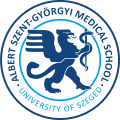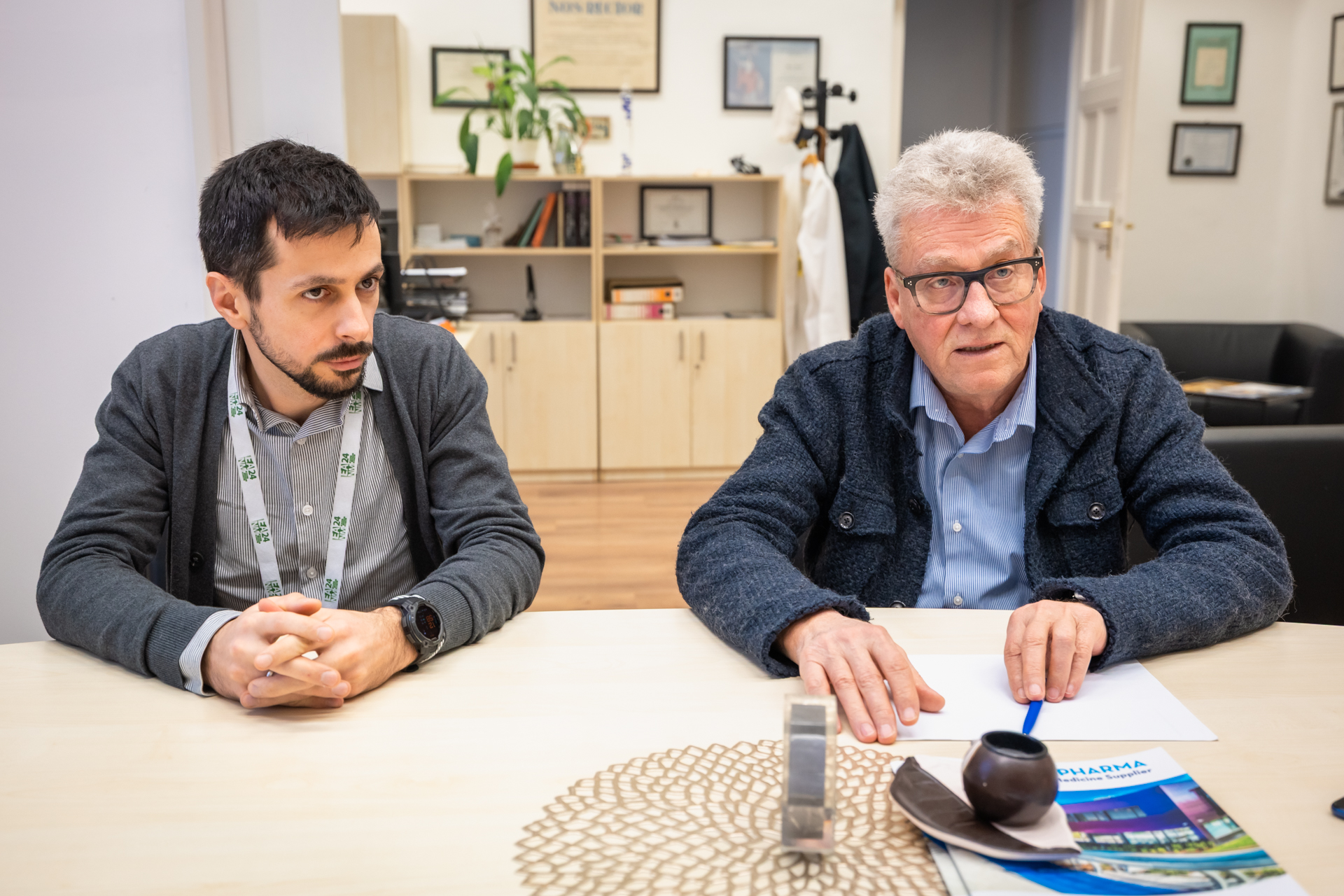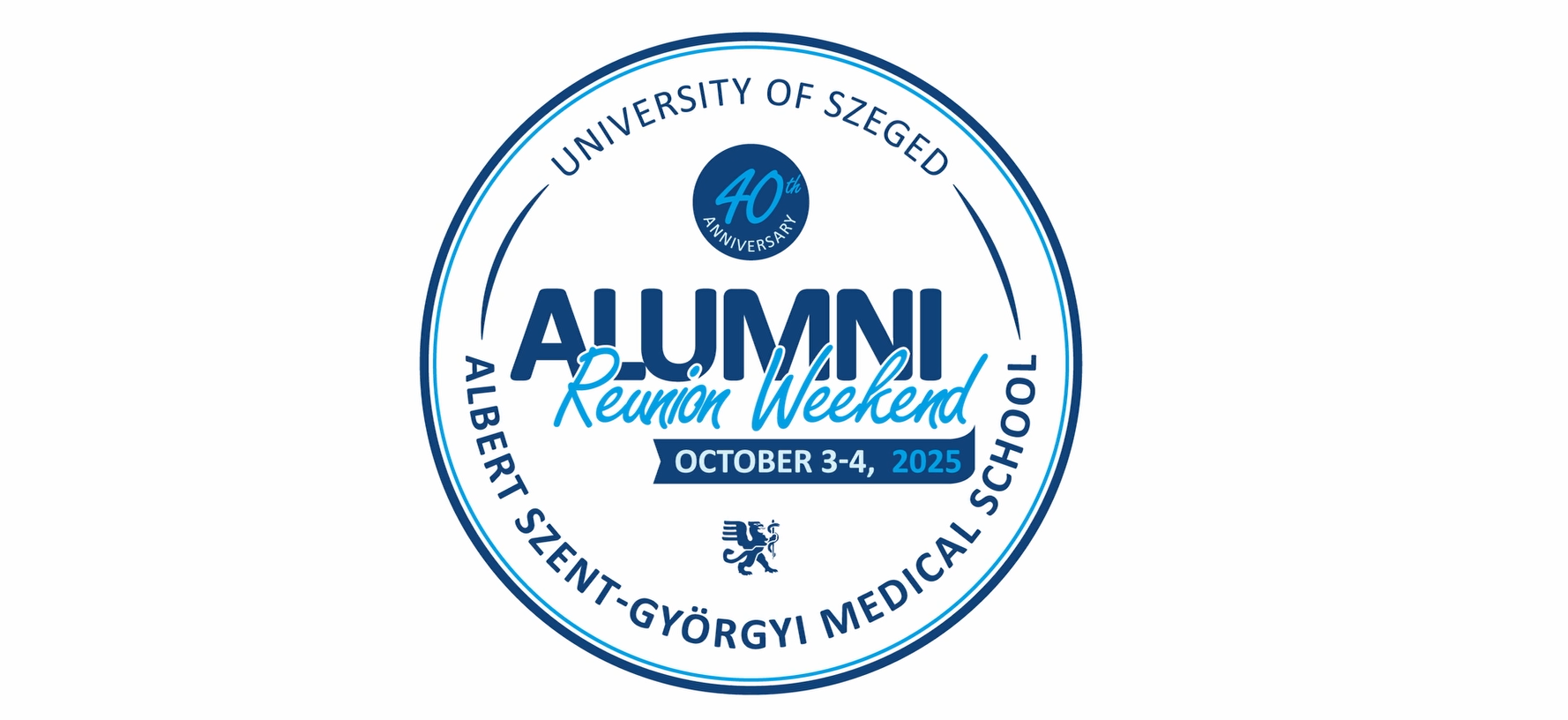University of Szeged
Albert Szent-Györgyi Medical School
Foreign Students' Secretariat
Your Education. Our Mission.

New era at the SZTE Cardiological Centre - modern laboratory, more efficient health care
A significant investment has recently been conducted at the Cardiological Centre of the Albert Szent-Györgyi Medical School. One of the cardiac catheterisation laboratories has been upgraded.
In the modernised cath lab, coronary heart disease, considered the leading cause of death in Hungary, is treated 24 hours a day. Prof. Dr. Tamás Szili-Török, head of the Cardiological Centre, said that about 3,000 cardiac catheter procedures are performed every year, 40 percent of which are to treat acute myocardial infarcts. In addition to emergency care, diagnostic procedures are also carried out, as catheterisation is the most accurate way to diagnose several heart diseases. The doctors at SZTE are also nationally renowned for their outstanding skills in areas, such as the removal of non-functioning or infected electrodes in arrhythmias, the "opening" of certain peripheral blood vessels and the investigation of genetic heart diseases.
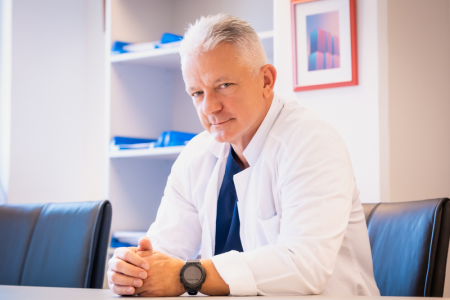
Dr. Tamás Szili-Török has been the head of the Centre since 2023, before which he worked at Erasmus MC academic hospital in Rotterdam, the Netherlands, for 20 years. When he returned to his alma mater, Szeged, he put together a team to prepare a five-year strategic plan. At present, patients are treated in four operating theatres which serve as specialised units, and the fifth suite is planned to use robotic technology. If everything goes as planned, the latter lab should take up to a year to complete. The internationally renowned Professor specialises in cardiac arrhythmias and has performed more than 3,000 robotic surgical procedures during his career.
’I believe that in half a century, surgeons will not actually be touching the patients during operations, we will only have a control function. Where robotic technology has been established, procedures are so much more precise, accurate and safe that there is no question of doing them manually. For example, in the field of urology, more than 90 percent of certain prostate operations in the world's most advanced healthcare systems are performed using Da Vinci robots’. Dr. Tamás Szili-Török wants to use his experience and network of contacts to raise the quality of the SZTE Cardiological Centre to ever higher standards. ’Even manual interventions are easier to learn for those who practice with a robot. This provides a safe environment for learning, and the skills acquired can later be applied in practice. In addition, students at SZTE will also be able to experience first-hand robot-assisted procedures, which are currently mostly only seen in online videos’.
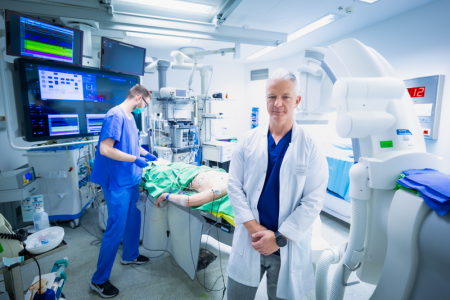
Another major development linked to Dr. Tamás Szili-Török was restructuring the Centre. In addition to the already existing cardiac surgery, interventional cardiology, electrophysiology and angiology, sports cardiology, oncocardiology, a cardio-obstetric unit for high-risk pregnant women with heart problems and a heart-brain team have been created. This new type of more transparent and predictable organisation is the key to moving cardiology forward. This structure will ensure that patients do not get lost in the maze of healthcare and can get the best treatment as quickly as possible.
The reorganisation of postgraduate training in the field also has been a major success. Whereas previously doctors specialised in only a part of cardiology, mainly according to their interests, the reorganisation will now provide all residents with a comprehensive education in cardiology, which will not only raise professional standards but also alleviate the long-term shortage of specialists on the periphery.
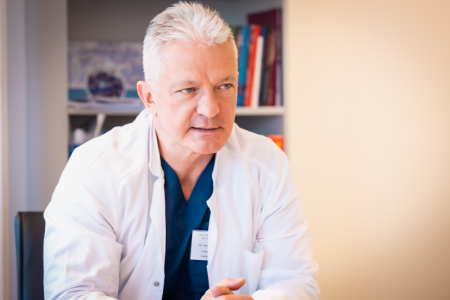
Besides actual care, Dr. Szili-Török is also committed to promoting prevention. He is working on launching a programme offering personalised, optional packages to the population. For example, more and more people want to exercise, but are unsure whether it is safe for them - especially those who are middle-aged, overweight and have not exercised for a long time. In response to this, a programme is being designed where people are screened to assess their health status. In addition to screening, comprehensive health packages will be offered, including personalised lifestyle tips, with the involvement of a trainer or dietician if necessary. There are also plans to perform advanced imaging scans to rule out coronary heart disease in those with a family history that warrants screening.

